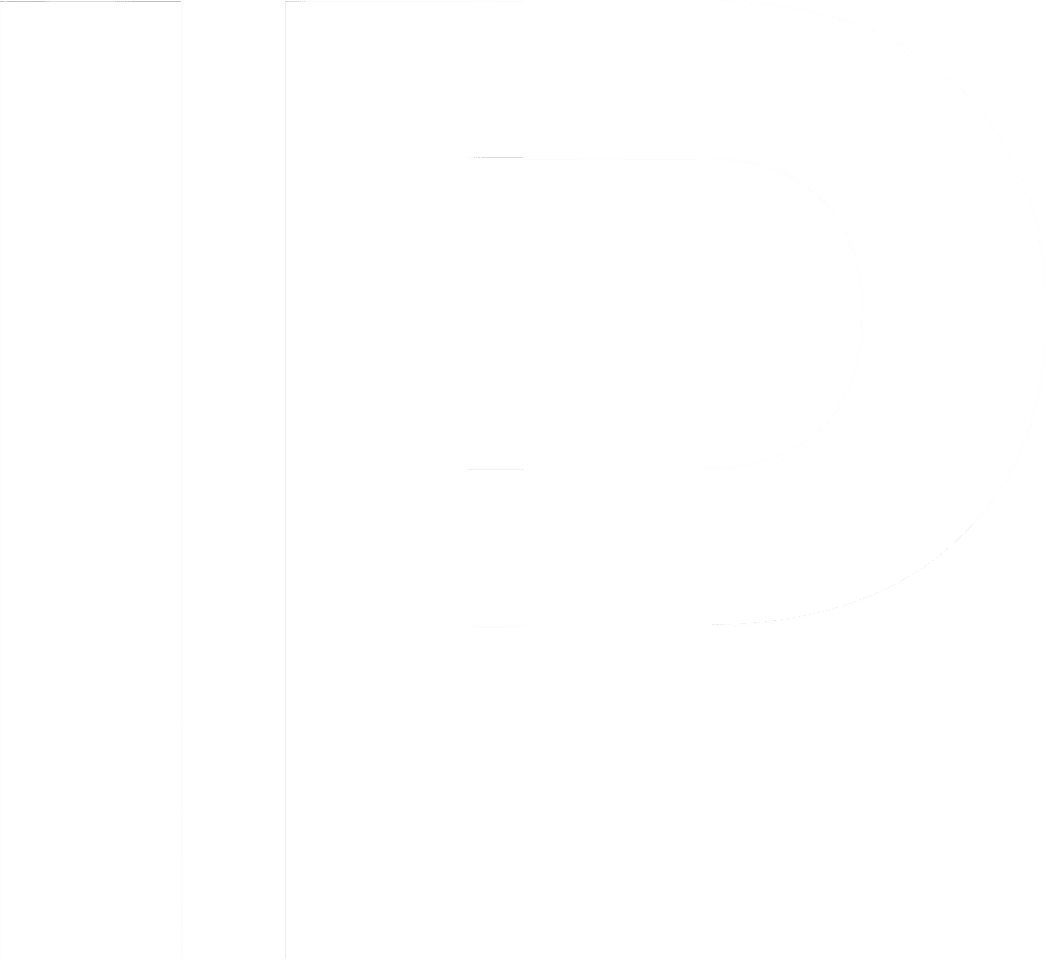Our Services
End-to-End Intellectual Property Services in India & Globally
Intepat IP provides comprehensive intellectual property services across patents, trademarks, designs, and copyrights. We support strategy, filing, registration, prosecution, and enforcement in India, and enable international protection through PCT and Madrid systems via a trusted global associate network.
Patent Services
End-to-end patent support covering prior-art search, patent drafting, filing, prosecution, and portfolio management. Intepat’s patent team works across diverse technologies and supports India, PCT, and key foreign jurisdictions with precise documentation, filing discipline, and strategic guidance.
Explore Patent Services 
Trademark Services
Design Protection
Copyright Services
Global IP Filing
Patent Support Services

Trusted Patent & Trademark Attorneys in India – Intepat
A leading IP firm based in Bangalore offering end-to-end intellectual property services, including patent search & filing, trademark registration, design protection, copyright filing, global (PCT/Madrid) submissions, and patent support services.
Proven Patent, Trademark, and IP Expertise — Recognized Across India and Worldwide.
A global intellectual property firm with 10,000+ filings in over 30 countries, trusted by startups, MSMEs, entrepreneurs, inventors, and large enterprises for professional patent, trademark, and IP services.

10000+
IP Filings Completed

30+
Countries Served

98%
On-Time Filing Rate

1000+
Clients Served
Trusted by Global Clients
Intepat IP collaborates with leading enterprises, MSMEs, and research institutions to deliver strategic patent, trademark, and design protection across India and global markets. As a recognized intellectual property firm, we are trusted by industry leaders and multinational corporations for reliable IP services that strengthen innovation and protect business value worldwide.





